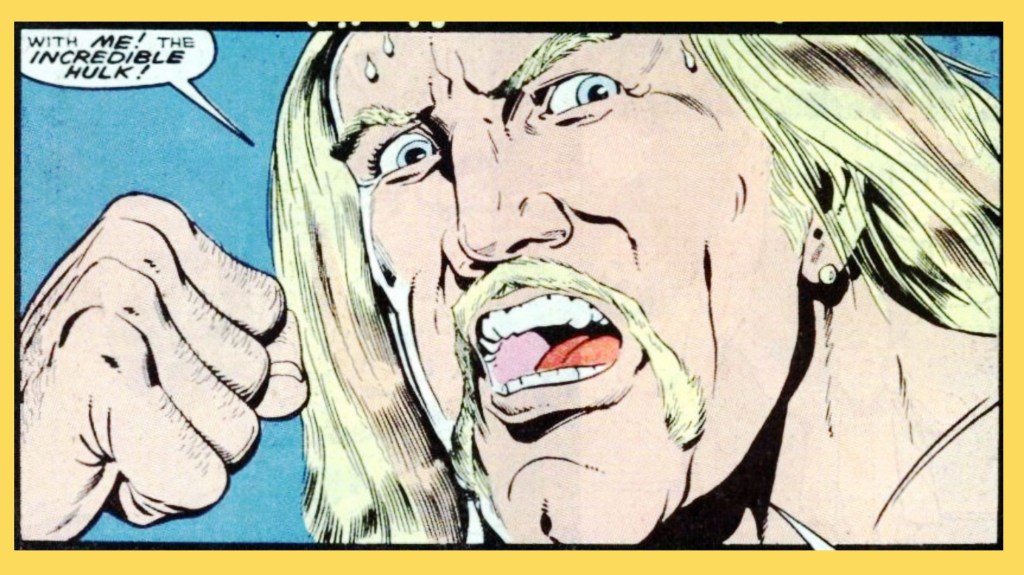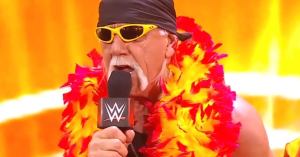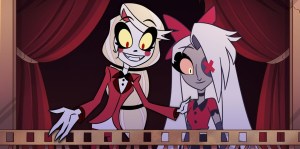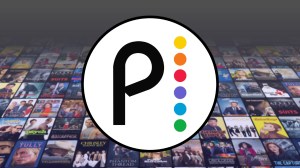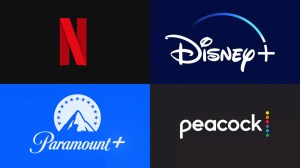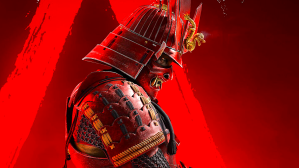Terry Bollea went by many names in his 35-year wrestling career: “The Super Destroyer.” “Sterling Golden.” “Terry Boulder.” “Hollywood Hogan.” “Mr. America.” But the wrestling legend and WWE Hall of Famer, who died Thursday at the age of 71, was best known as Hulk Hogan. Rechristened “Hulk” by Vincent J. McMahon after erstwhile Mr. Universe and body builder Lou Ferrigno’s green-skinned star of the 1970s TV series The Incredible Hulk, the red and yellow-clad Hulk Hogan’s defeat of The Iron Sheik in 1984 marked the start of a pop culture phenomenon in and out of the ring: Hulkamania.
Videos by ComicBook.com
That same year, the blonde-haired heel of the World Wrestling Federation (precursor to the WWE) turned real American hero reached a deal with Marvel Comics (then a division of parent company Cadence Industries). Per the 20-year agreement, Bollea and Titan Sports would quitclaim to Marvel “all of their respective interests in the name Hulk Hogan and all variances and derivatives,” including Hulkamania and Hulkster.
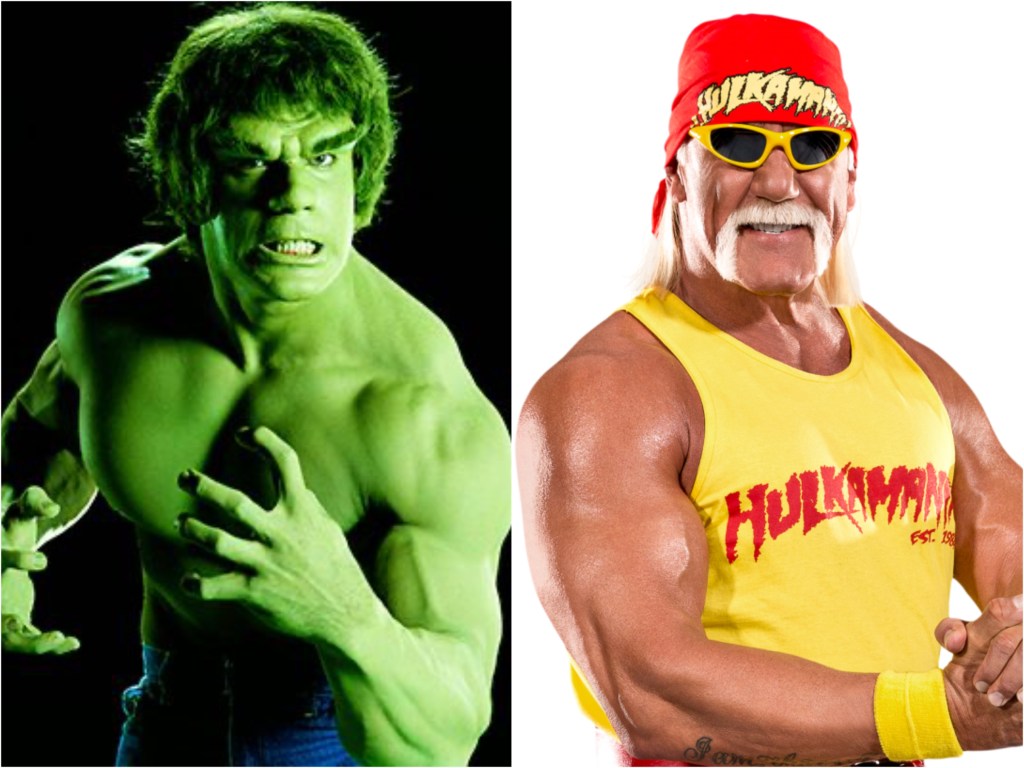
Simultaneously, Marvel and Titan entered into an agreement for an exclusive worldwide license of all uses of the name Hulk Hogan, Hulkamania, and Hulkster “in any and all media, including but not limited to” live wrestling exhibitions, dramatic and non-dramatic motion pictures or television series, merchandising, toys, animation, books, etc., provided “that such names may be used for the aforesaid uses only in connection or in association with the World Wrestling Federation, or Titan, or Terry Bollea, or the character caricature of Terry Bollea.”
The documentation detailed the terms of the agreement, which prevented Titan from using the word “incredible” in connection with Hulk Hogan (thereby avoiding confusion with The Incredible Hulk comic book) and requested that announcers not introduce Hogan as “The Incredible Hulk Hogan.”
“When using ‘Hulk’ it must always be used with ‘Hogan,’” the contract reads. “When used together ‘Hulk’ may not be more prominent than ‘Hogan.’” Titan also agreed that any logo created for Hulk Hogan “must be different from the [Marvel] Hulk logo,” “that Titan cannot use the colors green and purple in connection with Hulk Hogan or his logo,” “that any logo created for Hulk Hogan may not be such so as to be confused with or be similar to in any way the logo of Hulk,” and that Titan was prohibited from registering such trademarks as “Hulk” or “Hulk Hogan.”
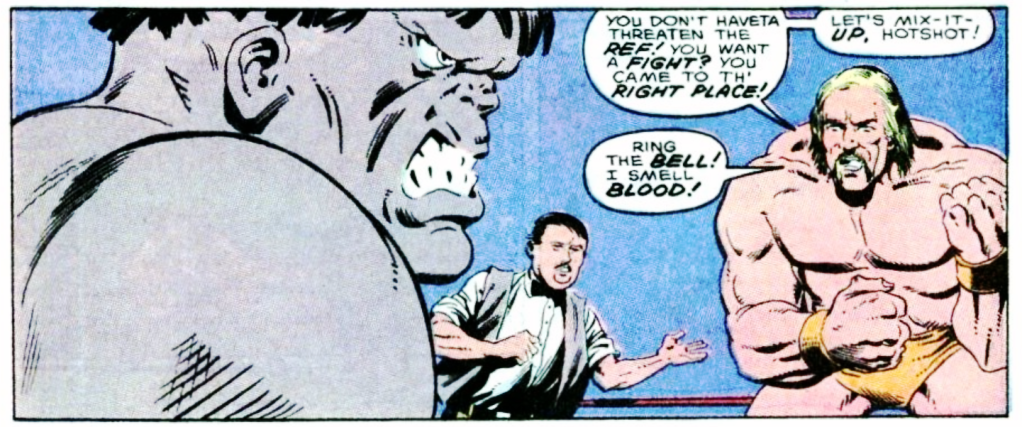
The Hulkster, having faced the likes of Andre the Giant, King Kong Bundy, and “Macho Man” Randy Savage, wouldn’t come face-to-face with his namesake until 1990. In the anthology series Marvel Comics Presents #45, the Hulk — in his grey-skinned, intelligent persona known as Joe Fixit — confronted a wrestler calling himself “the Incredible Hulk.”
In “The Main Event,” written by prolific Hulk scribe Peter David with pencils by legendary Incredible Hulk artist Herb Trimpe, the Las Vegas-based Joe Fixit jumped into the ring as the wrestler (who is never identified as Hulk Hogan) bragged about being “rowdier than Roddy” and “more macho than the Man.” When the ring announcer declared the Blond Barnstormer the “one and only Incredible Hulk,” the grey Hulk called out “Hulk” and, as the original Hulk, humiliated his opponent.

“I’ve seen your posters. I’ve seen your videos. I’ve seen your stupid cartoon show,” a jab at ’80s Saturday morning cartoon Hulk Hogan’s Rock ‘n’ Wrestling. “I’ve seen enough!”
“Every time I read ‘Hulk’ next to your ugly mug, it makes me angrier. And the angrier I get,” the Hulk raged, hurling the “Hulkster” into the living room of a TV-watching Hulkamaniac, “well, you get the idea.” The Hulk then told the wrestler, “You’ve made quite a name for yourself. Too bad for you — you picked the wrong name.” A victorious Hulk told the ring announcer, “You can call me Mr. Fixit. And they can call me the incredible… you-know-what.”

